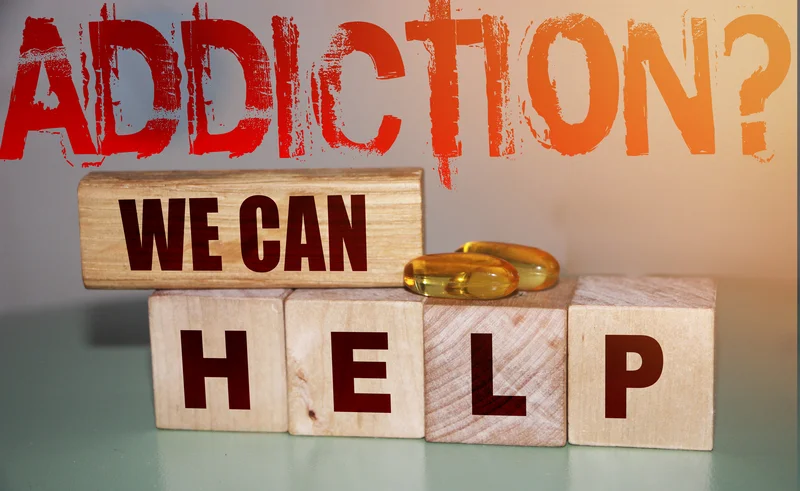The 5 Stages Of Drunkenness

This disease makes you feel unable to control your alcohol consumption. If you think you or a loved one has this condition, seek help at a substance abuse treatment program. If you or someone you know experiences these symptoms, seek medical help right away. When left untreated, alcohol poisoning can cause brain damage or death. At Casa Palmera, our goal is to aid you in a comprehensive spiritual, physical, and emotional recovery. That’s why if any of your loved ones have this problem, you can check out Our Arizona Drug and Alcohol Rehab Centers for substance and alcohol abuse rehabilitation programs.

Factors Influencing Intoxication Levels
By recognizing the potential long-term health consequences of intoxication, individuals can take steps to protect their health and well-being, and reduce their risk of adverse outcomes. At 0.45 BAC or above, many people are unable to sustain essential life functions, and the risk of respiratory arrest and death occurring is almost certain. The following are some signs that an individual may be experiencing critical alcohol poisoning and need immediate medical attention.
The Stages of Drunkenness
Alcohol is initially absorbed directly through the walls of the stomach and the small intestine, goes into the bloodstream and travels throughout the body including the brain. It reaches your brain in about five minutes and in about 10 minutes it changes the way your brain processes information. For some, it can be something as benign as sending a message to an ex. Entirely unconscious, a person’s body temperature will drop, breathing will become shallow, circulation will slow, motor functions will no longer present, and their gag reflex will be gone.

Alcohol Intoxication

We can avoid alcohol poisoning by drinking in moderation and drinking a fair amount of water between drinks. When a person is intoxicated, they may exhibit both physical and behavioral symptoms. These programs organize your treatment session based on your schedule. The goal of outpatient treatment is to provide therapy, education, and support in a flexible environment. The findings were explained by emphasizing that concern for the future involves greater prefrontal cortex resources that help inhibit the excessive impact of alcohol.
- The intoxicated person has lost consciousness and is struggling to breathe properly.
- Because the amount of alcohol needed to reach various states of intoxication can vary depending on the individual, what might be a fatal dose for one person may not be for another.
- Getting professional medical help is necessary in situations of extreme alcohol intoxication.
- An earlier study found that alcohol use enhanced aggression primarily among individuals who showed a heightened disposition for such behavior (Eckhardt and Crane, 2008).
- An intoxicated person at this stage may show slowed reaction times, reduced memory, blurred vision, and a lack of coordination.
- The consumption of alcohol is a widespread practice across many cultures, often used for social, ceremonial, or recreational purposes.

For others, however, it can be something as dangerous as a decision to drive home. This decision, coupled with a decrease in motor function, coordination, and reaction time, leads to many car crashes. Around 30 people per day die from drunk-driving accidents in the United States. As people drink more, they begin to have more pronounced impairment in their balance, coordination, speech, and attention.
When is Alcohol Intoxication a Sign of Alcoholism?
Recognizing the effects of intoxication on judgment and decision-making is essential for providing appropriate care and support to individuals who have consumed excessive amounts of alcohol. Treatment for alcohol intoxication involves supportive care while the body tries to process the alcohol. You must seek emergency medical treatment for a person who’s in which stage of intoxication does an individual become aggressive or withdrawn and sleepy showing symptoms of alcohol poisoning. At this time, a person will begin to experience emotional instability and a significant loss of coordination. At this stage of intoxication, the person’s behavior will be normal with no visible signs of intoxication, such as slurred speech or delayed reaction time.

Get Accredited Treatment Programs at Purpose
If you’ve ever been around a young child who’s overly tired and cranky, you know the consequences of saying “Honey, you’re feeling cranky now because you’re tired,” right? The unfortunate person who suggests that you slow down or leave the situation will probably get the drunken adult version in response. This is the mean drunk.If you continue drinking more, your belligerence may shift into the lachrymose stage, which means tearful or mournful. You may be thinking of all your regrets, all the people you’ve hurt, and may take a deep dive into remorse, self-pity, and/or self-hatred. Alcohol affects the brain and nervous system by altering the balance of neurotransmitters, which are chemicals that transmit signals between nerve cells. As alcohol is consumed, it binds to receptors in the brain, disrupting the normal functioning of neurotransmitters such as gamma-aminobutyric acid (GABA) and glutamate.
The 5 Stages Of Drunkenness
Alcohol abuse treatment can address the physical, emotional, and behavioral aspects of problematic drinking and regain control over your health and well-being. At Moving Mountains Recovery, our specialists provide high-quality, holistic treatment programs that allow people to live a healthy, sober lifestyle. Although different resources will vary, most will tell us that there are six to seven stages of intoxication experienced by most people.
- Emotional responses can become exaggerated, leading to mood swings, and reaction times are significantly slowed.
- Alcohol affects the brain and nervous system by altering the balance of neurotransmitters, which are chemicals that transmit signals between nerve cells.
- Around 30 people per day die from drunk-driving accidents in the United States.
- What people may experience at different BAC levels can vary but here are some key points to know about the different stages of intoxication.
- They are best for people who have a high motivation to recover and cannot leave their responsibilities at home, work, or school.
- People may have exaggerated emotional episodes, and their balance may be all but gone.
- The information on this website should not be taken as alcoholism treatment medical advice for any individual case or situation.
- A person’s intoxication level is measured by their blood alcohol concentration (BAC).
- Outpatient treatment is less intensive than inpatient or partial hospitalization programs.
The first stage of intoxication is often referred drug addiction to as subclinical because the effects of alcohol are not yet apparent through observable behavior. At this stage, the blood alcohol concentration (BAC) is typically below 0.03%. Individuals may feel a slight sense of relaxation or reduced inhibition but are generally able to function normally. Decision-making skills and reaction times may be slightly impaired, but these effects are subtle and may not be noticeable to the individual or others. The consumption of alcohol is a widespread practice across many cultures, often used for social, ceremonial, or recreational purposes. However, understanding the effects of alcohol on the body is crucial for safe and responsible drinking.
What Influences BAC Levels?
Our team will work with you sober house to make the admission process as easy as possible so that you can focus on the most important thing–your recovery. People with a BAC of 0.45 or higher are at serious risk of death due to respiratory depression and loss of other vital bodily functions. Death can occur at lower BAC levels, but the risk is significant at this level of intoxication. Alcohol intoxication occurs from drinking too much alcohol in a short period of time. As alcohol is consumed, it can lead to a range in which stage of intoxication does an individual become aggressive of cognitive impairments, including decreased attention, memory, and reaction time, as well as increased impulsivity and risk-taking behavior.